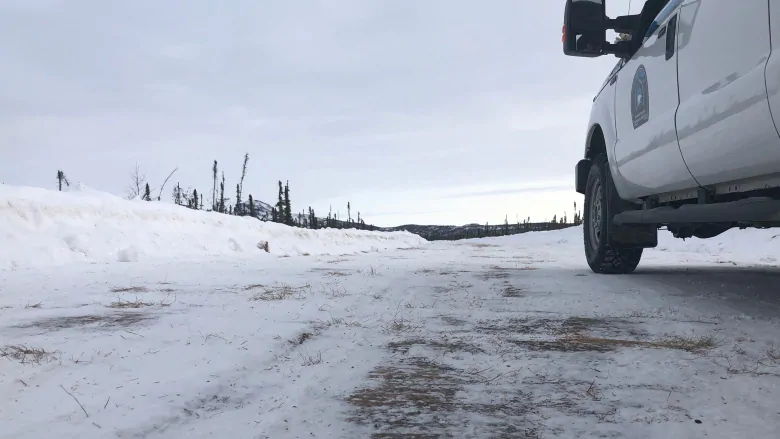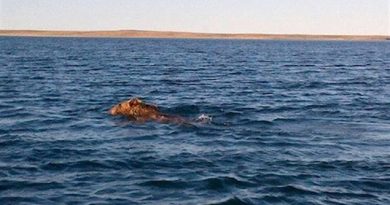Major Canadian northern highway project proving difficult to realize

The Northwest Territories government says it is moving ahead with the Mackenzie Valley Highway project, but so far it’s a project that seems to remain just over the horizon.
The highway has been talked about for decades. Hopes were raised in 2013, when the territorial government filed applications for the land and water licences it needed to build the $1.67 billion, two-lane gravel road.
But 18 months later, the government shortened the highway by more than half to reduce the cost.
Instead of linking up to the Dempster Highway, it would end 321 kilometres from Wrigley, at Norman Wells, and cost $700 million.
The change sent the regulatory agency doing the environmental assessment, and all of the parties involved in it, back to the drawing board for six months to develop new terms of reference for the assessment.
Sonya Saunders, Infrastructure Department director
The revised project description included an estimated timeline to see the project through to completion: “Subject to regulatory approval and confirmation of federal funding, construction could start in mid-2017 and continue to 2022.”
Then the territorial government told the review board, it needs to pause the environmental assessment process. More time was needed to complete a detailed project description that would form the basis of the environmental assessment. That was about three and a half years ago.
“Really it’s been about funding and being able to get the money to proceed,” said Sonya Saunders, director of strategic planning for the N.W.T. Department of Infrastructure.
“Getting through the environmental assessment process itself is very expensive.”

The territorial government got that money last year. The federal government agreed to put in $102.5 million together with a territorial government contribution of $37.5 million. In addition to paying for the environmental assessment, the money was to be used for planning and construction of a bridge over the Great Bear River and a 15 kilometre stretch of road north of Wrigley.
In meetings the department has been hosting in Norman Wells, Tulita and Wrigley the past year, the department has said it has spent $145 million on the project since 2000. It laid out how the new money will affect the timeline for the project. It also got feedback on progress so far.
“I think in the Sahtu, the concern we’re hearing overwhelmingly is just the length of time it takes to get through the environmental regulatory process,” said Saunders.
“People are very supportive of the project in general and anxious to see it proceed.”
Saunders added people were looking forward to see job opportunities with the construction of the road, and what the road will bring to that area of the territory.
Construction predicted to start in 2024
Under the estimated timeline presented at those meetings, construction of the highway won’t begin for almost another five years, in Sept. 2024.
The timeline estimates six and a half years for construction, though Saunders says it is difficult to say at this point how long it will take to build.
If it does take as long as estimated, the road would open in 2030.
Meeting even that lengthy timeline will depend on solving the same problem that has delayed the project so far — finding the money to build it.
Saunders said the federal government has proven more likely to so-called “shovel ready” projects, those that have all the required regulatory approvals.
Related stories from around the North:
Canada: Construction of Tlicho all-season road in Northern Canada begins, CBC News
Finland: The Arctic railway: Building a future… or destroying a culture?, Eye on the Arctic special report
Norway: Railway linking Barents Sea coast to Arctic Finland not commercially viable, report says, The Independent Barents Observer
Russia: Murmansk supports building new road connection to Finland, The Independent Barents Observer
United States: U.S. government signs new land swap for Alaskan wildlife refuge road, Alaska Public Media



